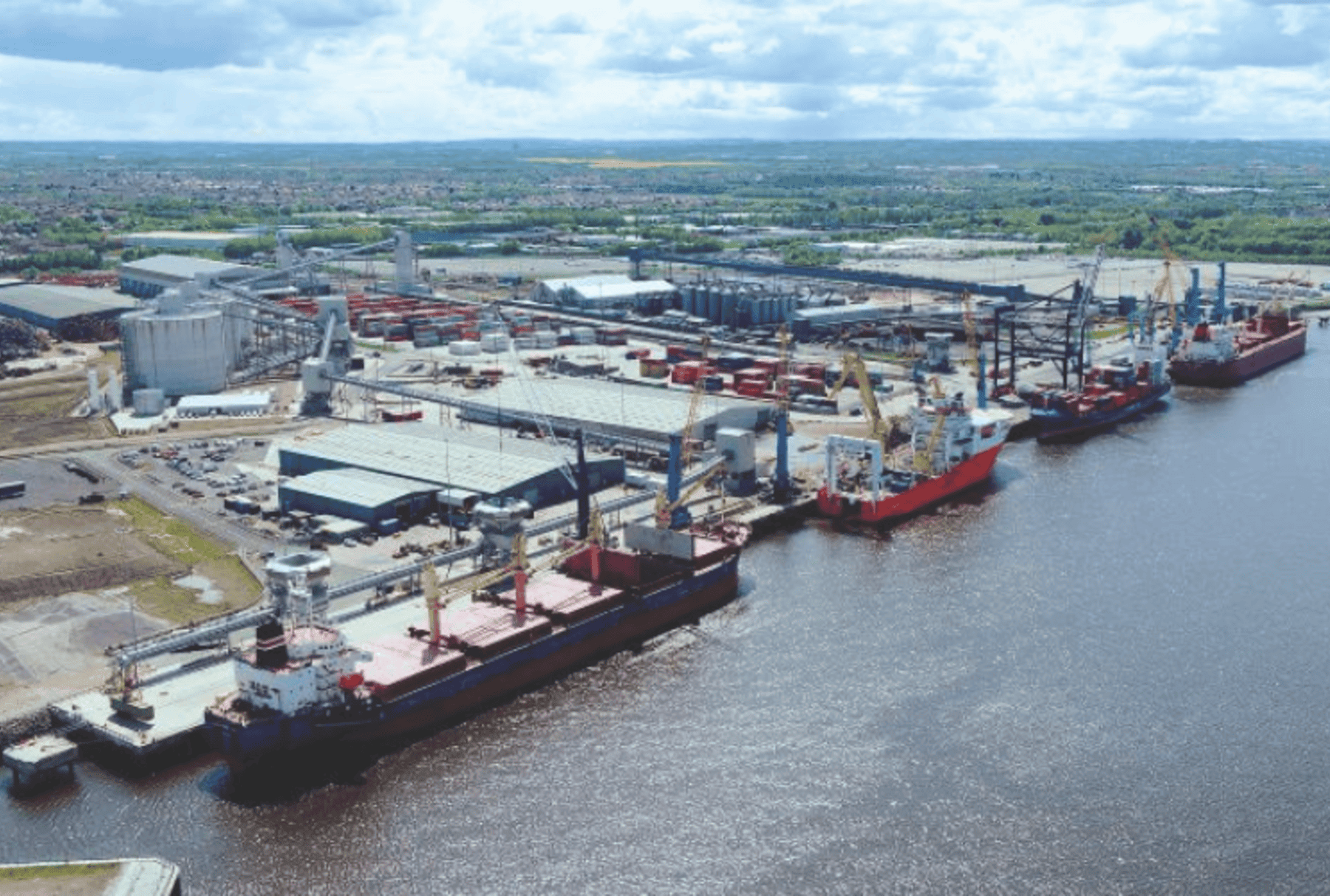Clean Tyne Project
Introduction
The primary aim of Clean Tyne project is to define and enable the transition to a cleaner, sustainable and more effective way of working that will inspire a change of mindset and process in the maritime industry to support net-zero by 2050 or before.
The project will establish future use cases and explore the potential for analytical functionality built on digital foundations and smart port technologies to reduce energy costs at the port and support decision making in future infrastructure. Outcomes of the project will be used as a data-driven evidence base to establish how a multi-vector renewables port can drive operational transition and wider compliance to deliver on the Governments Clean Air Strategy (2019), Clean Maritime Plan (2020), and the Maritime 2050 Strategy.
Key Objectives
- Initiate a collaborative consortium to align our Maritime focus.
- Instigate a microgrid enabling digital intelligence platform to connect assets across the port and gather near real time operational information that will enable a digital twin of the port to progress scenario modelling and demonstration of charging management and impact that will focus on electrification of quayside plant and cranes, the electrification of shipping via shore to ship charging, alternative energy sources such as PV, wind, hydrogen and energy storage.
- Address the understanding and transparency of energy consumed with the port environment across all its supply vectors -- Electricity, Gas, and Fuel Oil and develop and engineered demonstrator of a cross vector data acquisition platform to securely capture, transmit and store the information in a structured established microgrid optimisation platform.
- Ensure the data and insights on trade flows, vessels movements (using AIS) and vessel energy usage will be considered and integrated into the modelling.
Project Structure
- Work Package 1: Future Energy Vectors
- Work Package 2: Future Energy User Use Cases
- Work Package 3: Digital Energy Platform
- Work Package 4: Future Roadmap
- Work Package 5: Decarbonisation Design and Disseminsation
Research Team
Siemens – Lead Technical Role
Bringing software and hardware solutions in order to complete the data discovery piece and platform deployment and development.
Connected Places Catapult - Partner and PM Lead
Providing expertise in project management, business cases and future demonstrator design
Port of Tyne - Lead Consortium Partner
Convening expertise in clean ports, operations and technology development
North East Growth Company Ltd – Partner
Collaborating with PoT Innovation 2050 hub to disseminate core outcomes of the programme regionally, nationally and internationally via the North East Energy Catalyst a multi- disciplinary innovation and demonstration partnership
Newcastle University – Partner
Providing expertise in smart grids, multi-vector energy systems modelling, data analytics, sustainable shipping, maritime engineering, marine technology and logistics, supply chain management, and life-cycle assessment
Read more about the Clean Tyne Project and Newcastle University's involvement.
News and Events
Newcastle University representitives attended the SMI Conference on 8th and 9th March, along with the Port of Tyne and Connected Places Catapult.
Clean Tyne Dissemination Event
To celebrate the end of the prioject, all partners gathered at the Clean Tyne Dissemination Event to showcase the results and findings. This event was held at the Port of Tyne's Innovation Centre and included a message from the Secretary of State for Transport, Rt Hon Grant Shapps MP.
You can watch the recording of the Clean Tyne Dissemination Event.
